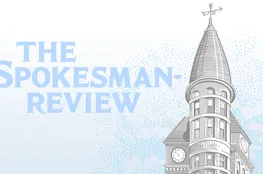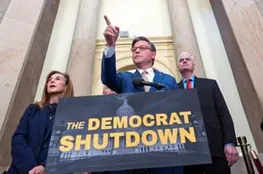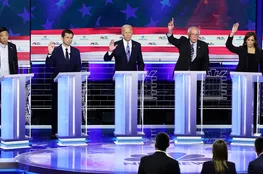(Reuters) – Nearly eight in ten Americans support extending enhanced Affordable Care Act (ACA) tax credits, according to a new Kaiser Family Foundation (KFF) poll released on Friday. This significant level of public backing comes amidst ongoing political clashes and a 15th U.S. government shutdown since 1981, triggered by disagreements over federal spending priorities. The poll’s findings highlight a deep public desire to maintain access to affordable health insurance, particularly for those relying on the ACA’s subsidies. Following the poll’s release, several major health insurance companies experienced notable stock gains. UnitedHealth shares rose by 3%, Humana increased by 8.8%, Elevance gained 4.6%, Centene advanced 4.4%, Cigna jumped 5.6%, and CVS Health increased 1.5%. The survey reveals a clear preference: approximately 78% of adults believe the ACA tax credits should be extended, compared to 22% who advocate for their expiration. This support transcends partisan divides, with an overwhelming 92% of Democrats and 82% of independents expressing backing for the credits. Notably, even 59% of Republicans – including a substantial 57% of those aligned with Donald Trump’s “Make America Great Again” movement – support the extension. This widespread backing underscores the critical role the ACA plays in providing coverage for millions of Americans. The KFF’s findings are particularly concerning given the potential consequences of inaction. Without congressional action, health insurance costs would dramatically increase for the 24 million Americans who obtain coverage through the ACA marketplaces. The impact would be most pronounced in Republican-controled states that have not expanded Medicaid eligibility for low-income individuals. According to the KFF, these rising premiums could more than double next year, with an average increase of 114% to $1,904. This surge in costs would disproportionately affect those already struggling to afford healthcare.
Democrats are pushing for safeguards to prevent President Trump from unilaterally altering or withholding funds from the ACA, demonstrating a commitment to preserving the program’s stability. The poll was conducted just prior to the October 1 federal government shutdown, highlighting the timing’s significance. This shutdown was largely fueled by disagreements surrounding the ACA tax credits, emphasizing the central role these credits play in the ongoing political debate. The KFF’s research reinforces the urgency of addressing this issue, as the potential consequences of inaction—increased premiums, reduced access to healthcare, and significant hardship for vulnerable populations—are substantial. Furthermore, the KFF’s analysis provides valuable context for policymakers, demonstrating the broad public support for maintaining the ACA’s critical provisions. The continued political gridlock surrounding the ACA tax credits presents a serious challenge to the health and well-being of millions of Americans, demanding immediate attention and a commitment to finding a bipartisan solution. The situation demands careful consideration and proactive measures to mitigate the potential negative impacts on access to affordable healthcare. The stakes are incredibly high, and the future of millions of Americans’ health coverage hangs in the balance. Addressing this issue effectively requires a collaborative approach, prioritizing the needs of patients and families over political maneuvering. Maintaining the ACA’s tax credits is not simply a policy choice; it is an investment in the health and economic security of the nation’s most vulnerable citizens. The KFF’s data provides a compelling argument for continued support, urging policymakers to act decisively to protect access to affordable healthcare for all Americans. This ongoing debate underscores the fundamental importance of healthcare access as a cornerstone of a just and equitable society. The poll's findings serve as a critical reminder of the public's unwavering support for the ACA and the urgent need for policymakers to prioritize its preservation.
























